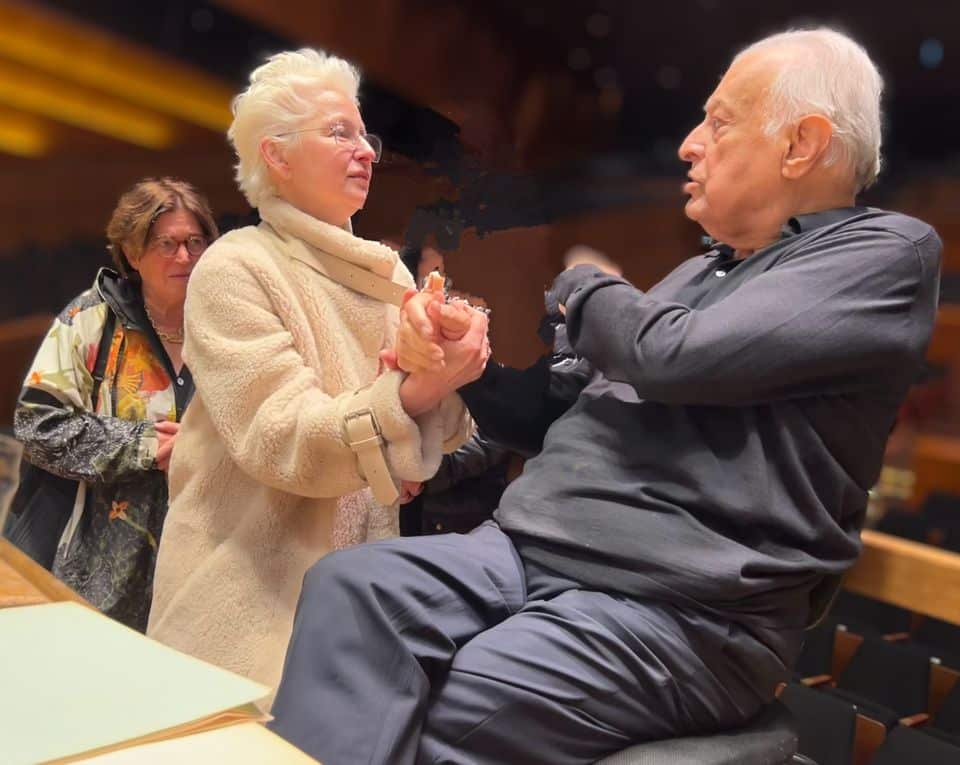What happens to the arts when a newspaper goes free?
mainThe London Evening Standard, which I served as Assistant Editor from March 2002 until stepping down in May this year, will become a giveaway paper from next week.
The paper was selling 440,000 copies daily when I joined and about half as many when it was sold at the end of last year – after a battle with two free newspapers – to a Russian investor, Alexander Lebedev. The full-price sale in August 2009 was down to 107,000, according to the Financial Times, indicating that the new ownership and editorship have lost about two in every five readers. That would appear to be a reason for abandoning the cover price and giving the paper away for free.
I do not wish to argue the merits of that decision, except to express a hope that the paper will survive as a quality product. I like and admire many of the people who work for it and hope they can continue to flourish.
My chief concern is what will become of the arts – not so much how they are covered in the Standard as how they are received.
The public does not, on the whole, value unsolicited opinion – which is to say, opinion for which it does not pay in some way. And the arts industry does not turn to freesheets for response, quotation and stimulation. In the decade or so of Metro’s existence, its arts pages have had no discernible impact either on public debate or on box-office activity.
A review in a free newspaper, even by a recognised writer, carries about as much weight as a plug on Amazon. Arts in the free Standard are threatened with creeping devaluation. Much as I hope to be proved wrong, I fear that the erosion of value perception will be irresistible.





Comments